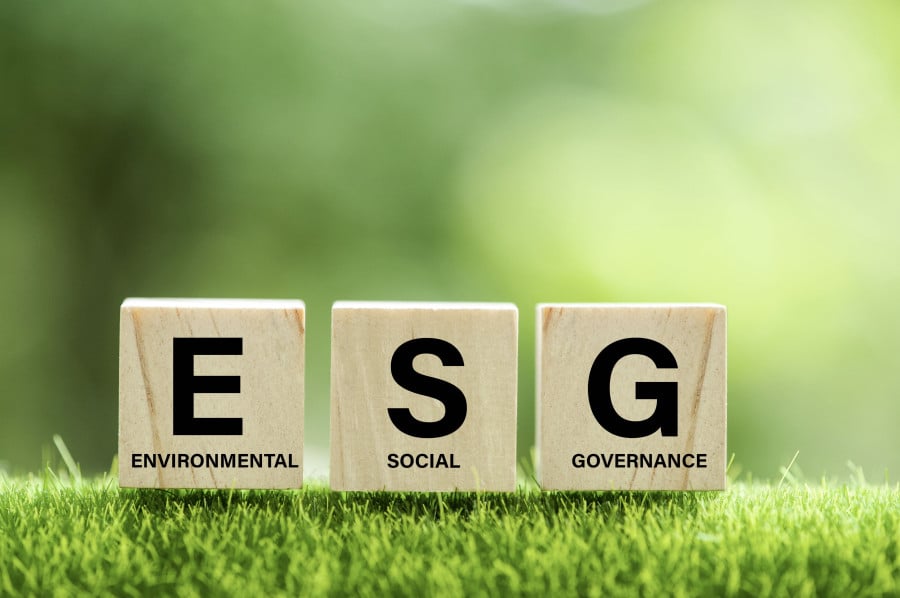How To Approach ‘ESG Criteria’ When Hosting Major Sports Events

At the launch of the ‘We Love 2023 Tour’ in Paris, Rugby World Cup France 2023 CEO Claude Atcher declared:
“France 2023 has embraced a vision: to have a positive impact for rugby, the planet and France by delivering a responsible event that addresses the challenges of today and tomorrow. Rugby World Cup 2023 will be more than a sporting event. It will leave a legacy.” (emphasis added)
His bold statement encapsulates an ever-growing trend in major sporting events (MSEs): what positive impact will an MSE make and leave in the host city, nation or globally? While legacy and sustainability considerations are nothing new, there has in recent years been a refocusing of the concept around the new trend of ‘ESG’ – namely environmental, social and governance issues. Organisation of MSEs touches upon a plethora of ESG issues including gender / diversity inclusion, human rights, environmental impact and urban redevelopment.
This article considers the various ways such issues are addressed through the implementation of both explicit and implicit ESG requirements that have been included in MSE bid processes. Specifically, it looks at:
- What ESG criteria are;
- The nature and scope of ESG criteria within current bid requirements for the Olympic Games, and the Football and Rugby World Cups; and
- Whether there has been meaningful compliance with the criteria.
Answering these questions will help us understand the evolution in legacy and sustainability requirements for MSEs; the present-day requirements for any nation looking to host an MSE; and whether the requirements are having a lasting impact on ESG issues in the host country.
To continue reading or watching login or register here
Already a member? Sign in
Get access to all of the expert analysis and commentary at LawInSport including articles, webinars, conference videos and podcast transcripts. Find out more here.
- Tags: Athletics | Corporate | Cricket | ESG | FIFA | FIFA World Cup | Football | Governance | IOC | Olympic Games | Regulation | Rugby | Rugby World Cup | Sustainability | Tennis | World Rugby
Related Articles
- Implementing effective security at major sports events: Part 1 - Building key relationships
- Implementing effective security at major sports events: Part 2 - Key contractual protections
- How sports leagues & federations around the world are sanctioning players breaking Covid-19 rules
- How Green Is The Beautiful Game? An Overview Of Environmental Regulation In Football
Written by
Matt Evans
Matt Evans is an associate in the disputes, litigation and arbitration department at Freshfields Bruckhaus Deringer LLP. Matt advises major contractors, utilities and corporates, specialising in construction and engineering, nuclear, utilities, energy and oil and gas. Matt advises on all forms of dispute resolution including litigation and arbitration. Matt also advises clients on non-contentious matters and has experience of structuring and negotiating construction and development documents.
Gino Murugesan
Gino Murugesan is an associate in the full service, international employment practice at Stephenson Harwood. The employment team is ranked by the leading legal directories in the elite category for employment law advice when acting for employers. Stephenson Harwood has its headquarters based in London, with eight further offices across Asia, Europe and the Middle East.





